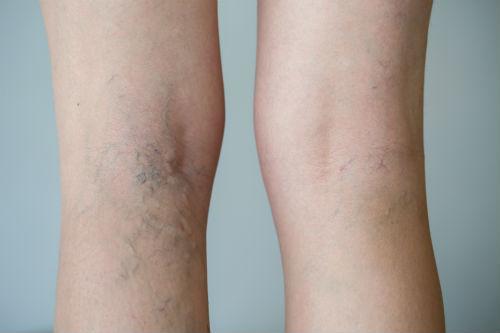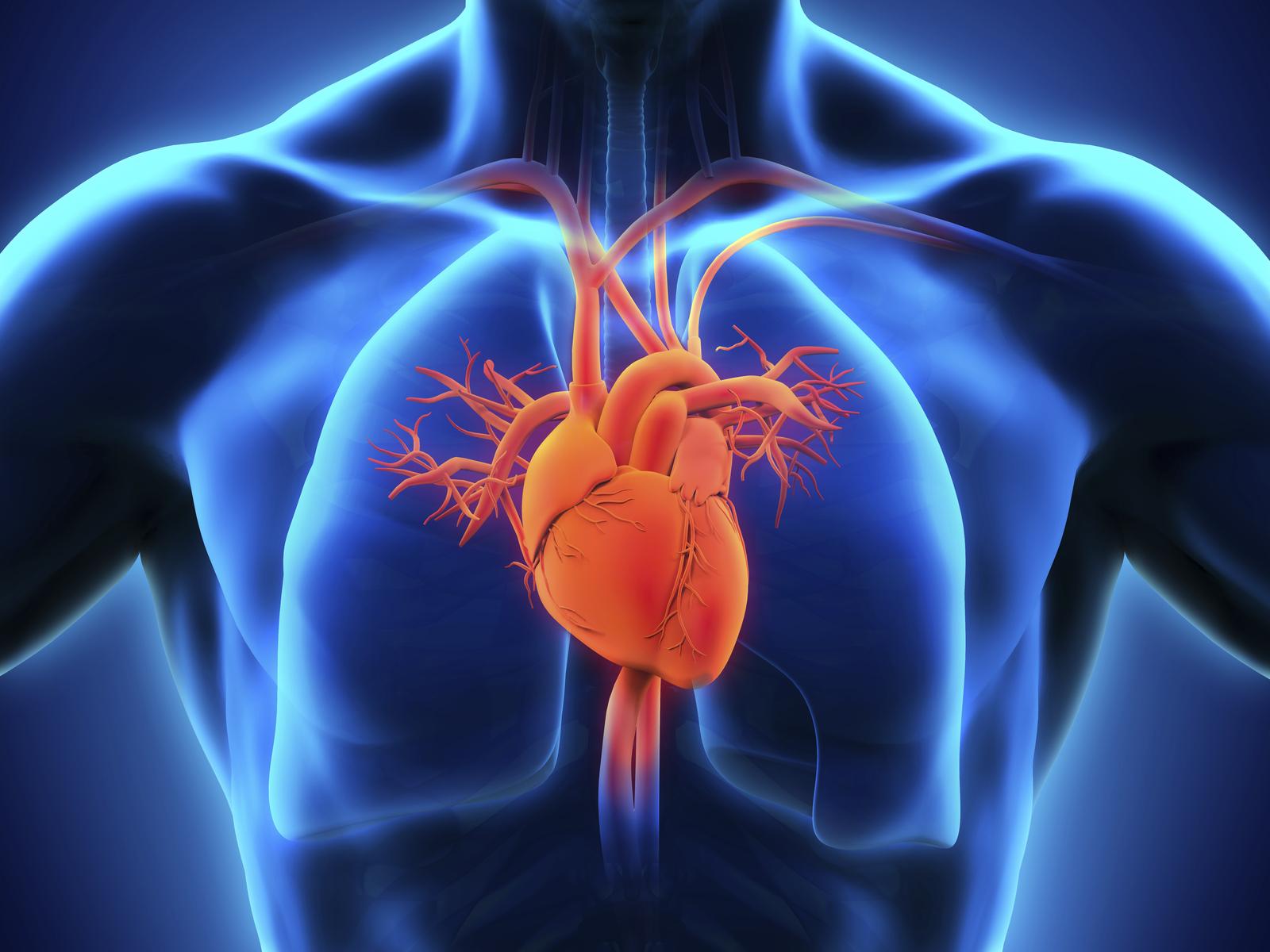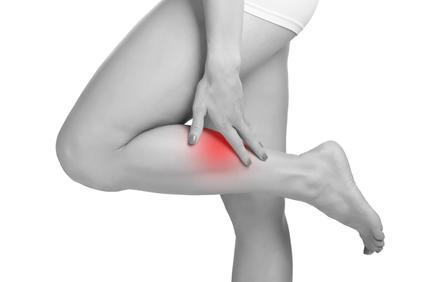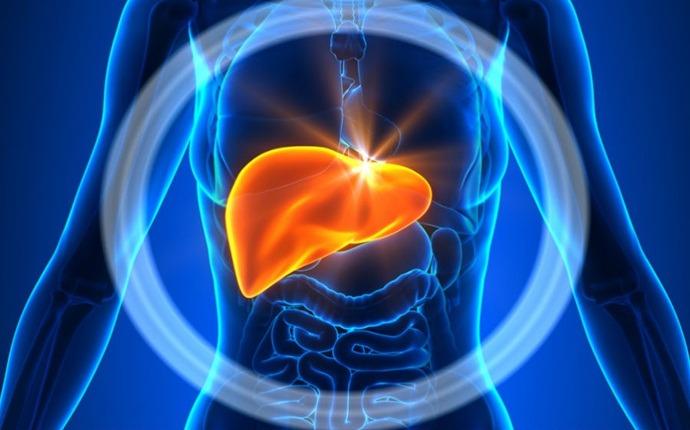Venous Insufficiency, Lymphedema, Fluid Retention or What Else?
Leg swelling generally occurs because of an abnormal accumulation of fluid in the tissues of the lower extremity. The medical term for leg swelling from excessive fluid in the tissues is peripheral edema. Symptoms that can be associated with leg swelling include leg pain, numbness, redness, itching, rash, shortness of breath, thickening and ulceration of the skin.

Common causes of leg swelling include:
 Venous insufficiency / Varicose Veins
Venous insufficiency / Varicose Veins
Venous insufficiency is the inability or difficulty of the leg veins to return blood back to the heart. As the blood pools in the leg it leads to heaviness and swelling at the end of the day...Read more
 Pregnancy
Pregnancy
Swollen legs are a common problem during pregnancy. For many women, their legs become more and more swollen as the pregnancy advances...Read more
 Leg infection
Leg infection
Leg infection usually referred as cellulitis can be a usual cause of swelling and it has distinct characteristics. Cellulitis is a bacterial infection of the skin and the tissues beneath...Read more
 Heart failure
Heart failure
Congestive heart failure is a chronic progressive condition that affects the pumping power of your heart muscles. While often referred to simply as “heart failure,” congestive heart failure...Read more
 Salt / Water retention
Salt / Water retention
The body's balance of salt is usually well-regulated. Most people can consume salt in the diet without concern for developing salt depletion or retention...Read more
 Drug side effects
Drug side effects
Many medicines can cause edema, including...Read more
 Blood clots (Venous Thrombosis)
Blood clots (Venous Thrombosis)
Deep vein thrombosis (DVT) is a condition wherein a blood clot develops in one of our "deep" veins, blocking the venous blood flow. Symptoms can range between a simple leg swelling to a fatal pulmonary embolism...Read more
 Lymphedema
Lymphedema
Lymphedema refers to swelling that generally occurs in one or both of your or legs. Lymphedema is related to a disorder (usually acquired, rarely congenital) of your lymphatic system (lymphatic vessels and lymphnodes)...Read more
 Kidney disease
Kidney disease
When you have kidney disease, fluid and sodium may not be removed appropriately thus retained in your body. The edema associated with kidney disease usually occurs in your legs and around your eyes...Read more
 Liver disease
Liver disease
Severe liver disease (such as cirrhosis) causes retain fluid retention. Cirrhosis slows the normal flow of blood through the liver, thus increasing pressure in the veins that bring blood from the intestines and spleen to the liver...Read more
 Thyroid disease
Thyroid disease
Thyroid disorders, mainly hypothyroidism (e.g. Hashimoto’s) but hyperthyroidism (e.g. Graves disease) too, can cause face and leg swelling. It’s often felt as leg pain along with swelling, itching...Read more
 Trauma
Trauma
An ankle sprain is a usual cause of lower leg swelling. It is a painful injury to the ankle ligaments and normally happens when the ankle is turned or twisted. Swelling, tenderness, and bruising are common symptoms...Read more
 Idiopathic (unknown)
Idiopathic (unknown)
Idiopathic edema or idiopathic lymphedema is a common cause of fluid retention and swelling most usual in women under the age of 50. "Idiopathic" means that the cause of this condition is unknown...Read more
